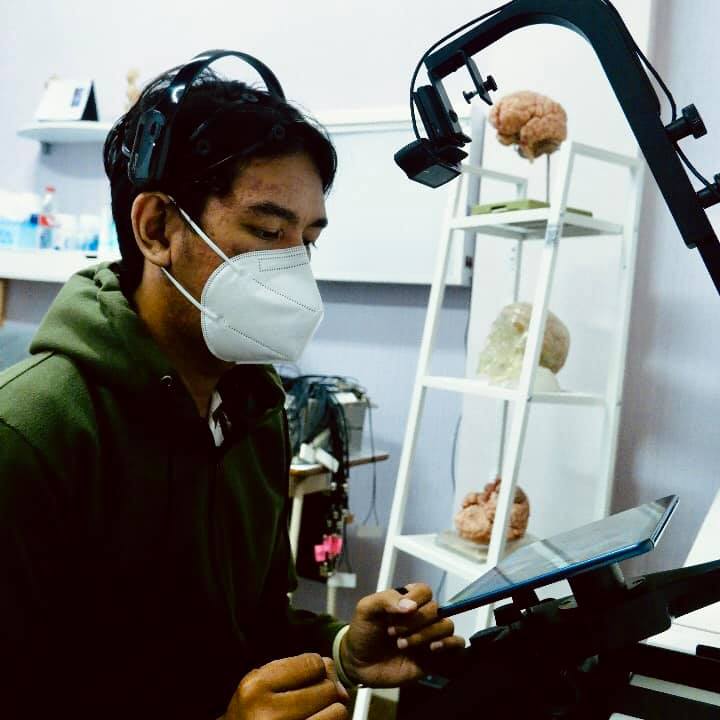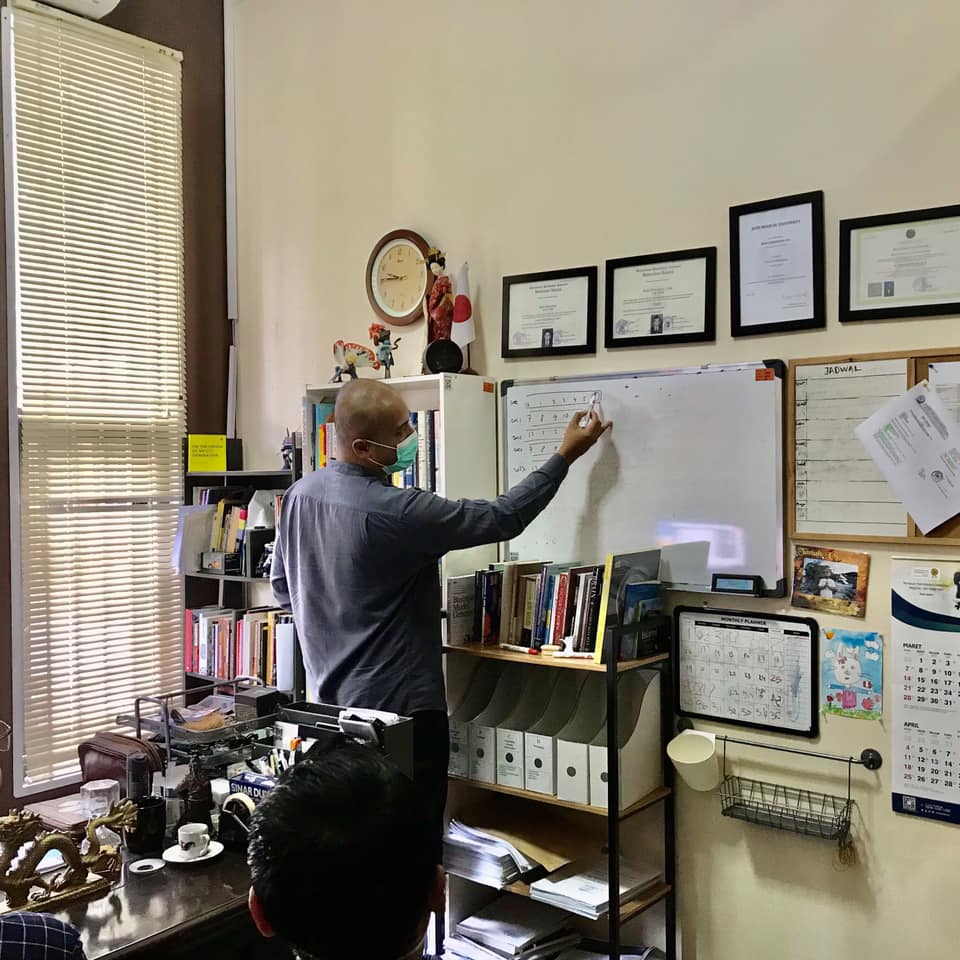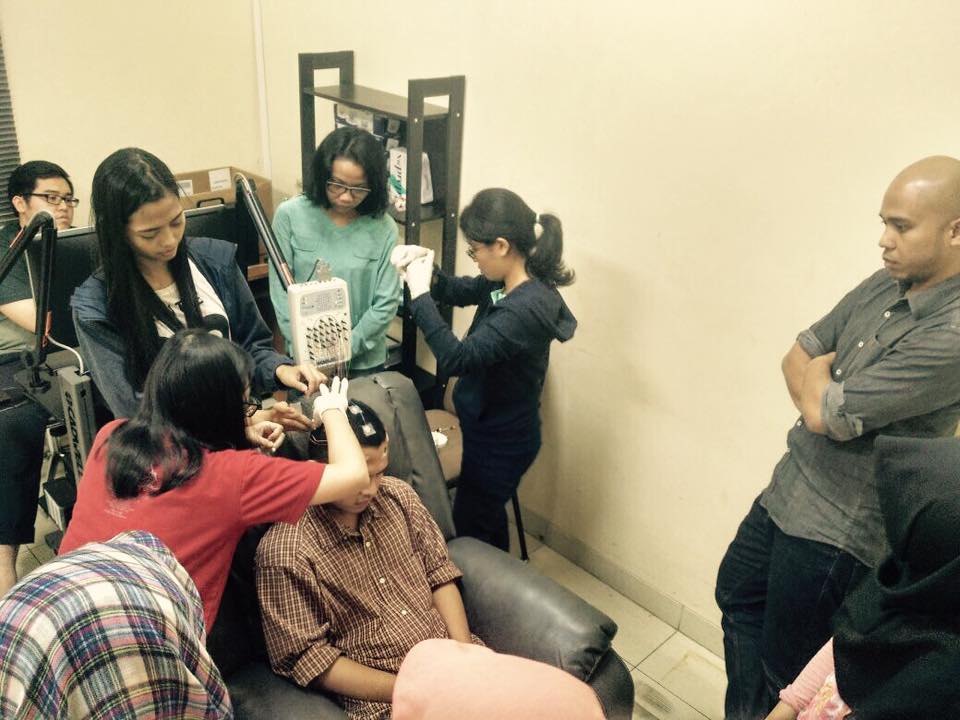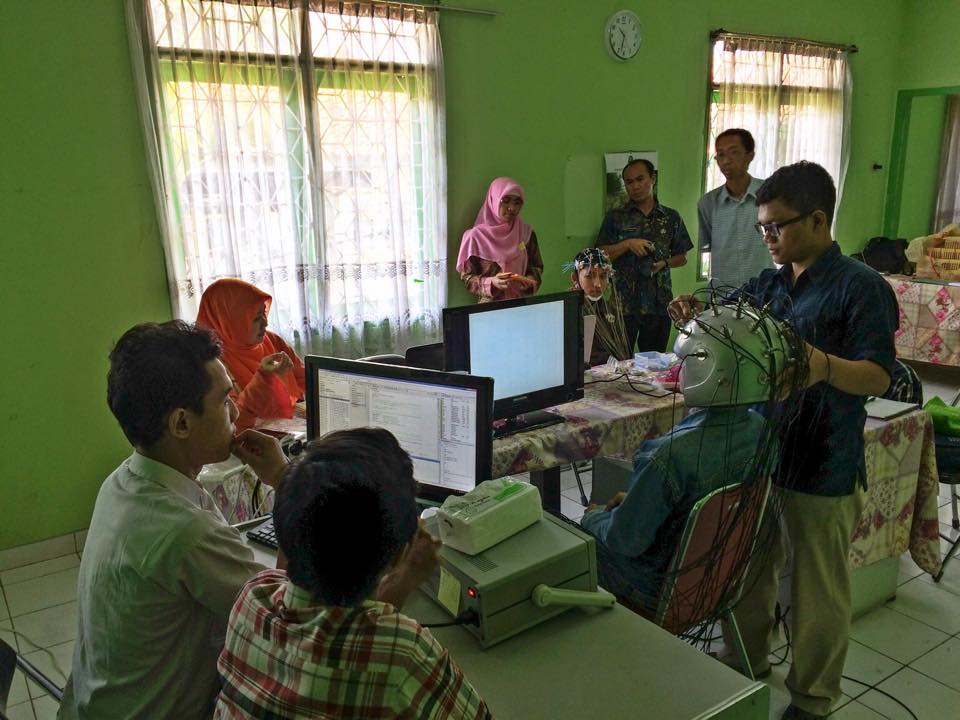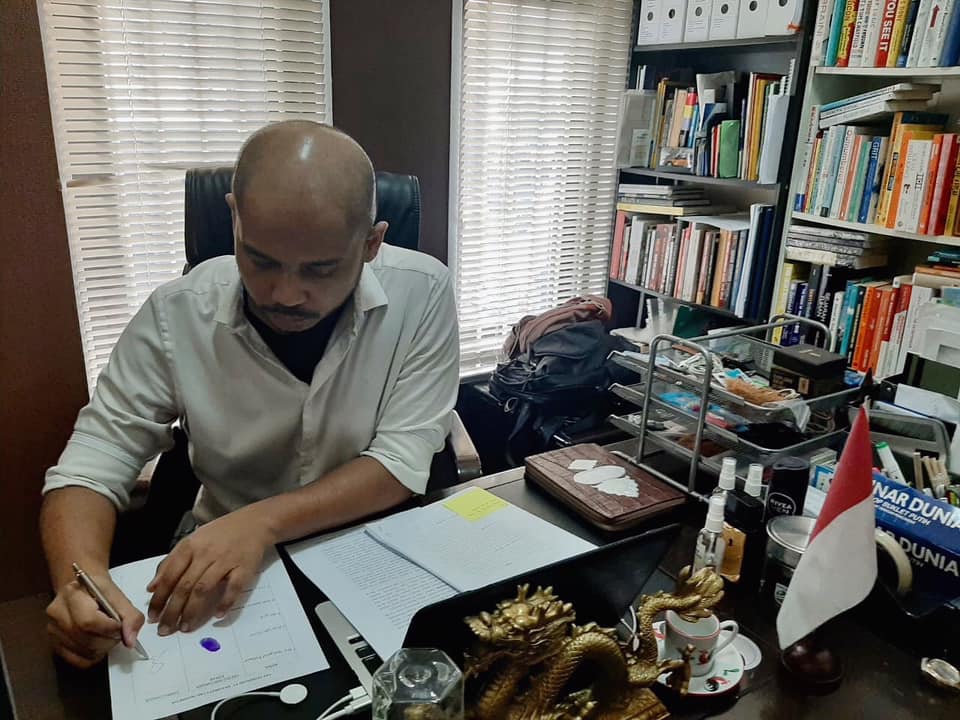When something becomes an obligation to meet a quantity target, it often loses its essence and enjoyment. Recently, I’ve come across a call for academics to “do less for publishing research.” Personally, I agree with this sentiment. Again, this is my personal opinion, of course.
Why do I say this? Experience, especially in the context of Indonesia, has shown that the pressure to publish merely to increase the number of publications often correlates with the quality of the research itself, whether we like it or not. It takes time and focused concentration to produce high-quality research that results in impactful publications.
The problem lies here: the scarcity of time and the fragmentation of concentration. When we dig deeper, this issue originates from the heavy academic burden, particularly the demands of teaching and research placed on lecturers in Indonesia.
From the moment students introduce themselves as mentees until they are required to produce a publication, the timeframe is typically just one year—equivalent to two semesters. And it’s rarely just one student. Sometimes there are three or four. If a lecturer has a single research topic and splits it into four different titles within such a short timeframe, we can only imagine what the quality of those works would be like, right?
The idea of “slow science” that has been echoed in the realm of university research seems feasible, but only if the workload of lecturers is reduced first. This, of course, is no easy task—especially considering that much of the operational funding for universities in Indonesia still heavily relies on the tuition fees paid by students.
So, what can be done at this moment? For now, nothing, except to continue as we are. Implementing a “publish less” approach, or whatever you want to call it, depends heavily on policy decisions. Hopefully, the next Minister of Education will have the courage to consider this issue. If not, it wouldn’t be surprising if the quality of research in our country continues to decline over time.
This is not just a reflection but a call for a change that allows us to focus more deeply and thoughtfully on the science that matters, especially in Indonesia.
